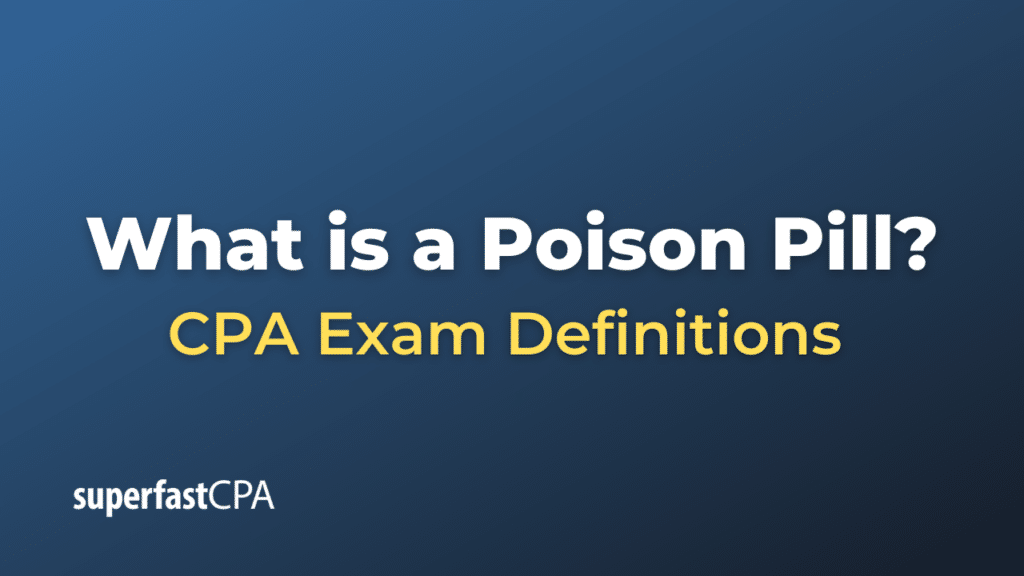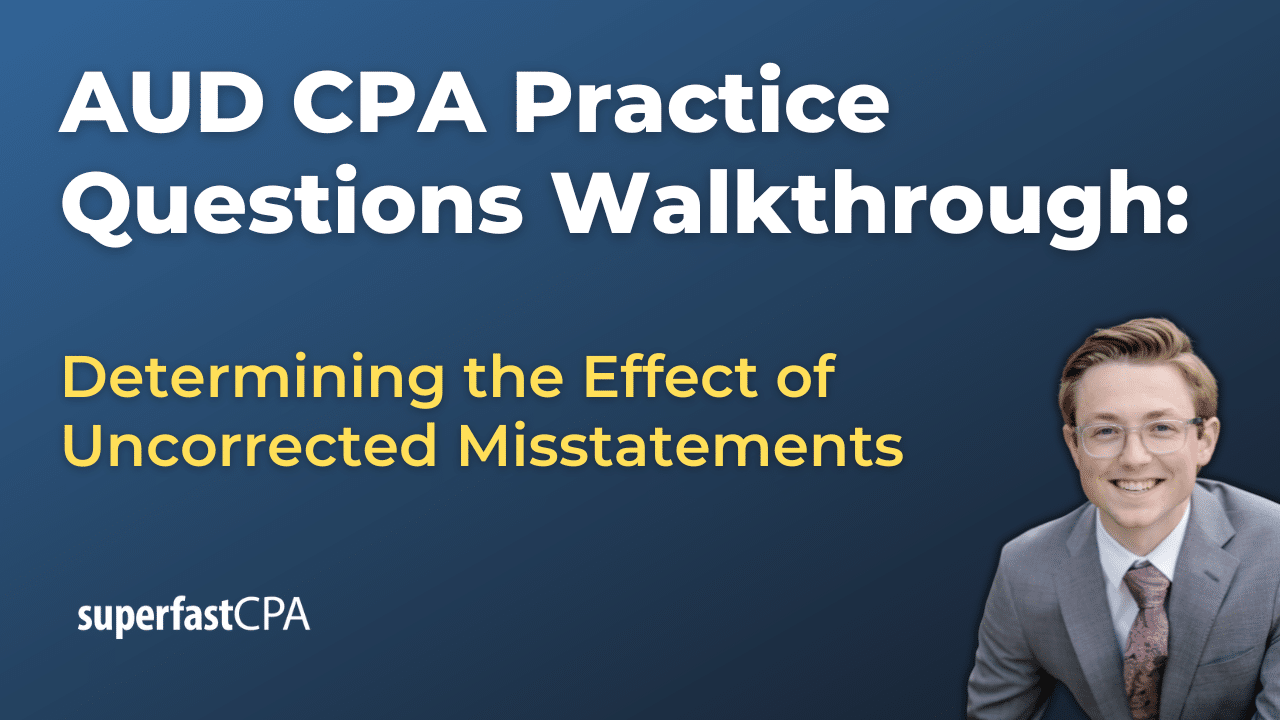Poison Pill
A poison pill is a defensive strategy used by companies to thwart hostile takeovers. If another company, known as a bidder, tries to acquire control by buying a large amount of shares on the open market, the target company can deploy a poison pill to make the takeover prohibitively expensive, thereby discouraging the bidder from proceeding.
There are several types of poison pill strategies, but one of the most common is the shareholder rights plan. In this plan, the target company issues new shares or rights to purchase shares to existing shareholders, often at a significant discount. This dilutes the ownership interest of the acquirer and makes the takeover much more expensive.
For example, a common type of poison pill provision is a “flip-in” rights plan, which allows existing shareholders (excluding the acquirer) to buy more shares at a discount. If the hostile bidder crosses a certain threshold (say, 20% of total shares), this provision triggers, enabling existing shareholders to buy more shares cheaply, diluting the acquirer’s stake.
Another type of poison pill is the “flip-over” rights plan, where shareholders of the target company can purchase shares in the acquirer at a discount if a takeover occurs.
It’s important to note that while poison pills can be effective in preventing hostile takeovers, they are controversial because they can entrench existing management, even when a takeover might be in shareholders’ best interest. Also, they can dilute the holdings of existing shareholders. Due to these reasons, the use of poison pills is regulated and subject to certain legal requirements and restrictions.
Example of a Poison Pill
Let’s say that a tech company, TechCo, has become a target for a hostile takeover from another larger corporation, BigCo. BigCo has started buying up TechCo’s shares on the open market with the goal of acquiring a controlling stake.
To fend off this takeover, TechCo’s board of directors decide to adopt a poison pill strategy in the form of a shareholder rights plan. They issue a provision that allows all existing shareholders (except for BigCo) to buy additional shares at a steep discount if any single shareholder (in this case, BigCo) acquires more than 15% of TechCo’s shares.
Now, imagine BigCo does cross this 15% threshold. The poison pill provision is triggered. Suddenly, all of TechCo’s other shareholders can buy more shares at a discount. This would flood the market with new shares, dramatically diluting BigCo’s percentage of ownership.
The price of the takeover for BigCo has just gone up significantly, as they now would need to buy a much larger number of shares to gain the same percentage of control. This can make the takeover attempt prohibitively expensive and discourage BigCo from proceeding.
The key here is that the poison pill strategy isn’t activated until BigCo crosses the defined threshold, providing TechCo with a powerful form of protection that only comes into play when necessary. However, it’s worth mentioning that the use of a poison pill can be controversial as it can prevent changes that might potentially be beneficial for the company and its shareholders.













